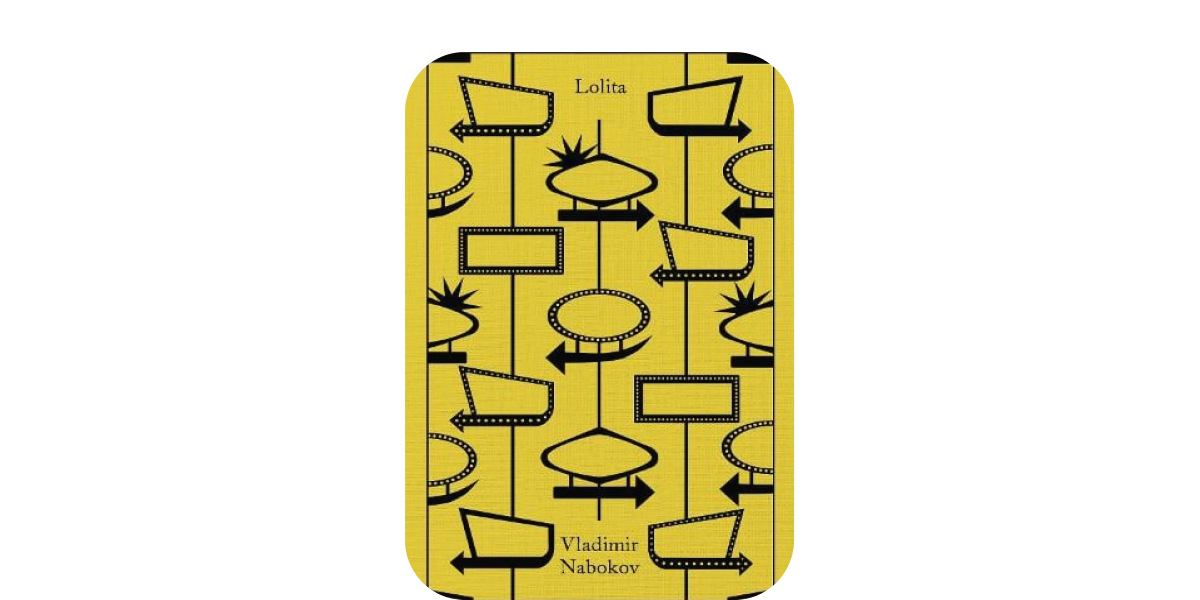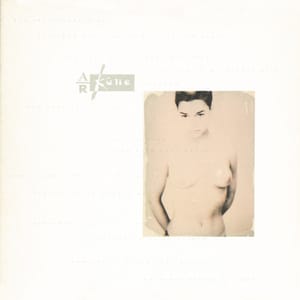A.R. Kane Lollita (1987)
If one listens to the opening lines of the 1987 shoegaze track by A.R. Kane without knowing the title, they perfectly match the song’s infatuated, love-hazy production: “Hey there, winkie girl / rose buds for a mouth and eyes of pearl.”
For those in the know, it’s another story: Suddenly, we are talking about the Lolita Effect. The Lolita Effect refers to the sexualization and objectification of girls and young women in today’s consumerist society—how they’re portrayed in movies, books and songs made to entertain us, and what products are advertised and sold to them.
In the media, the narrative choices are frequently either “childlike and non-sexual” or “promiscuous and deviant” as soon as a girl does express an interest in sexuality. At the same time, products marketed towards girls are often inherently sexualized: H&M girls’ shorts are, for example, much shorter than boys’.
This mechanism then also plays a big part in the question, “what was she wearing?”, coming up when a teenage girl is brave enough to come forth about sexual harassment. Insidious, isn’t it?
It is unclear whether A.R. Kane was aware of this phenomenon all the way back in the eighties, but the lyrics on “Lollita” are so textbook one hopes the answer is yes: “You’re not like the other girls / ‘cause you’re my winkie girl,” goes one line, but then, when she perhaps does not appreciate his advances, “winkie girl” suddenly becomes a “bitch.” If this is subversion by performative exaggeration, it’s incredibly well done. If it’s mindless reproduction, let’s all channel the following supportive advice for winkie girl: Block him, babygirl! Right now!
Dig Deeper

The Lolita Effect is, of course, named after Vladimir Nabokov’s wildly controversial 1955 novel, in which a highly unreliable male adult narrator becomes obsessed with a twelve-year-old girl and sexually manipulates her. The book, due to its violent and pornographic language in some passages, as well as its premise as a whole, is facing controversy to this day. Get the Penguin Classics edition and trust that with Nabokov, we can be sure that his intentions when portraying the actions of his main character were decidedly of a critical nature.

Start the conversation
Become a paid member of The Rest to gain access to the comments section.